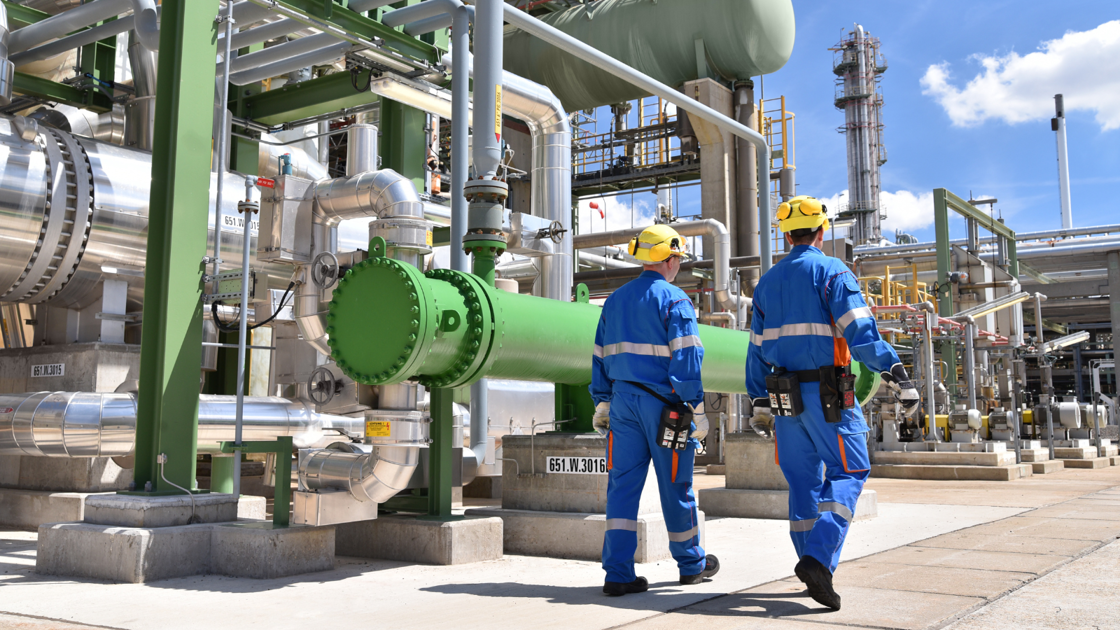In a few weeks, the European Parliament will vote on the political agreement reached in the Council on the EU’s economic governance rules, which likely do not allow Member States to invest in an industrial policy.
Europe needs an industrial strategy that delivers the European Green Deal, ensures quality jobs, and a just transition for workers. While China and the US invests in critical industries, European austerity measures risks, further undermining Europe’s ability to compete globally.
This is particularly concerning for Europe’s competitiveness, as no work has even started on a permanent EU investment instrument.
The Commission estimates that about €620 billion of public and private investments are needed yearly to deliver the European Green Deal and the REPowerEU Plan. An additional €92 billion is needed to address the objectives of the Net-Zero Industry Act over the 2023-2030 period.
On top of this, other investment gaps are regularly identified, such as the EU Grids Strategy, which foresees investments of €450 billion by 2030 in energy infrastructure alone.
Leading think tanks estimate governments need to invest around 1%–1.9% of their GDP, or €159 billion to €323 billion a year to achieve climate change targets. The European Central Bank (ECB) recently stated that between 1% and 1.8% of EU GDP would be required in annual additional green public expenditure for 2021-2030.
The bulk of the investment needed to achieve Europe’s green and industrial ambitions is expected to come from the private sector, this must come in the coming years.
Public de-risking of private investment into new and clean technologies is essential. But government funding must also play a critical role in leveraging private investment, as demonstrated by the US Inflation Reduction Act, designed to generate a manufacturing renaissance in the US, attracting many project proposals.
In this context, it’s concerning that Member States with public debt levels above 90% of GDP, and subject to the strictest conditions of the EU fiscal rules, account for 40% of EU greenhouse gas emissions.
Contrary to these clear needs, an initial assessment outlines that EU countries need to cut more than €100 billion in their budgets next year, to comply with the new economic governance rules, further depressing an already weak EU economy.
We are not alone in calling for Europe to become a world leader in providing the abundant and affordable low-carbon energy needed to spur deindustrialization, and fight energy poverty in Europe. We argue for strategic partnerships, robust infrastructure, and increased support for EU projects. We realise taxpayers’ money is scarce and needs to be well spent.
We are not calling for no economic governance rules at all but want to signal that the current macroeconomic proposal is not fit for the challenges Europe face.
Policymakers need more time to negotiate adequate rules, we therefore call on the European Parliament to send the current text for a second reading, instead of fixing now the framework for the next ten years.
Published in Euractiv. William Todts is the Director of the climate NGO Transport & Environment. Marco Mensink is the Director-General of chemical industry association Cefic.
Antwerp Declaration for an industrial deal: EN
